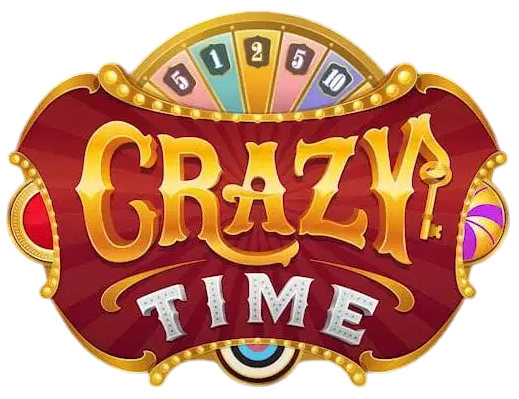Responsible Gambling
Gambling Addiction
Gambling addiction is a serious behavioral issue that can negatively impact your personal, social, and financial life. It’s defined by the inability to control gambling habits, leading to excessive time and money spent on games like Crazy Time, often at the expense of other responsibilities and relationships.
This condition can intensify over time, resulting in an uncontrollable urge to gamble more frequently and for higher stakes. Despite the harm it causes, individuals may continue playing, leading to emotional distress and financial problems.
Signs of Gambling Addiction
- Constant need to gamble
- Playing for longer periods than intended
- Loss of interest in hobbies and daily responsibilities
- Feeling stressed or irritable when unable to play
- Hiding or lying about gambling habits
- Borrowing or lending money to gamble
- Feelings of guilt, depression, or anxiety after losing
- Ignoring self-care and hygiene due to excessive play
- Preoccupation with gambling (past wins or future bets)
- Using Crazy Time as an escape from problems
- Chasing losses by placing more and riskier bets
- Taking out loans or maxing credit cards for gambling
- Conflicts or breakdowns in relationships
- Needing to gamble with more money for excitement
- Failed attempts to stop or reduce gambling
- Neglecting work, school, or family obligations
- Experiencing withdrawal-like symptoms
- Continuing to gamble despite serious consequences
How to Play Responsibly
Set Clear Limits
Before playing Crazy Time, decide how much time and money you're comfortable spending and stick to it. Never use money meant for essentials. Treat your budget like a line that should not be crossed.
Use Deposit and Time Limits
Crazy Time offers tools like deposit limits, loss limits, and session reminders. Use them to maintain control. These features help keep your gameplay in check and prevent impulsive decisions.
Treat Gambling as Entertainment, Not Income
Gambling is a form of fun, not a source of financial gain. The house always has the edge, and while winning happens, it's not guaranteed. Play Crazy Time for the excitement, not as a way to earn money.
Know the Game
Understand the rules, features, and odds of Crazy Time before playing. Knowing how the game works helps you make smarter decisions and enjoy the game more.
Avoid Chasing Losses
Trying to win back losses by gambling more usually leads to bigger losses. If you’re on a losing streak, take a break instead of increasing your bets.
Never Gamble with Borrowed Money
Don’t use loans, credit cards, or borrowed money to play Crazy Time. Only use funds you can afford to lose.
Take Breaks and Stay Balanced
Set gaming schedules. Make time for other activities—exercise, socializing, hobbies. Responsible gambling is about balance.
Avoid Playing When Emotional
If you're stressed, sad, angry, or intoxicated, don’t play. These states cloud your judgment and increase risky behavior. Play when you’re calm and in control.
Protecting Minors
Crazy Time strictly prohibits underage gambling. Our platform is for players aged 18 and over. We use strict age verification, including requesting government-issued IDs if necessary. Marketing is targeted only at adults, and we encourage parents to use filtering software and safeguard login details.
We also promote open conversations between adults and young people about the risks of gambling.
Crazy Time’s Commitment to Responsible Gaming
- Education: We provide clear information about the game rules and odds.
- Support Tools: Deposit limits, self-exclusion, and time tracking features.
- Supportive Team: Our customer support is ready to assist with any concerns.
- No Tolerance for Underage Gambling: Strong age checks and parental guidance.
Self-Exclusion
If Crazy Time no longer feels fun, or if you're struggling with control, we offer a self-exclusion option. You can freeze your account for 6 months to a year. During this time, you won’t be able to play, deposit, or receive promotional emails. Creating a new account is prohibited during this period.
We strongly recommend seeking professional support during self-exclusion.
